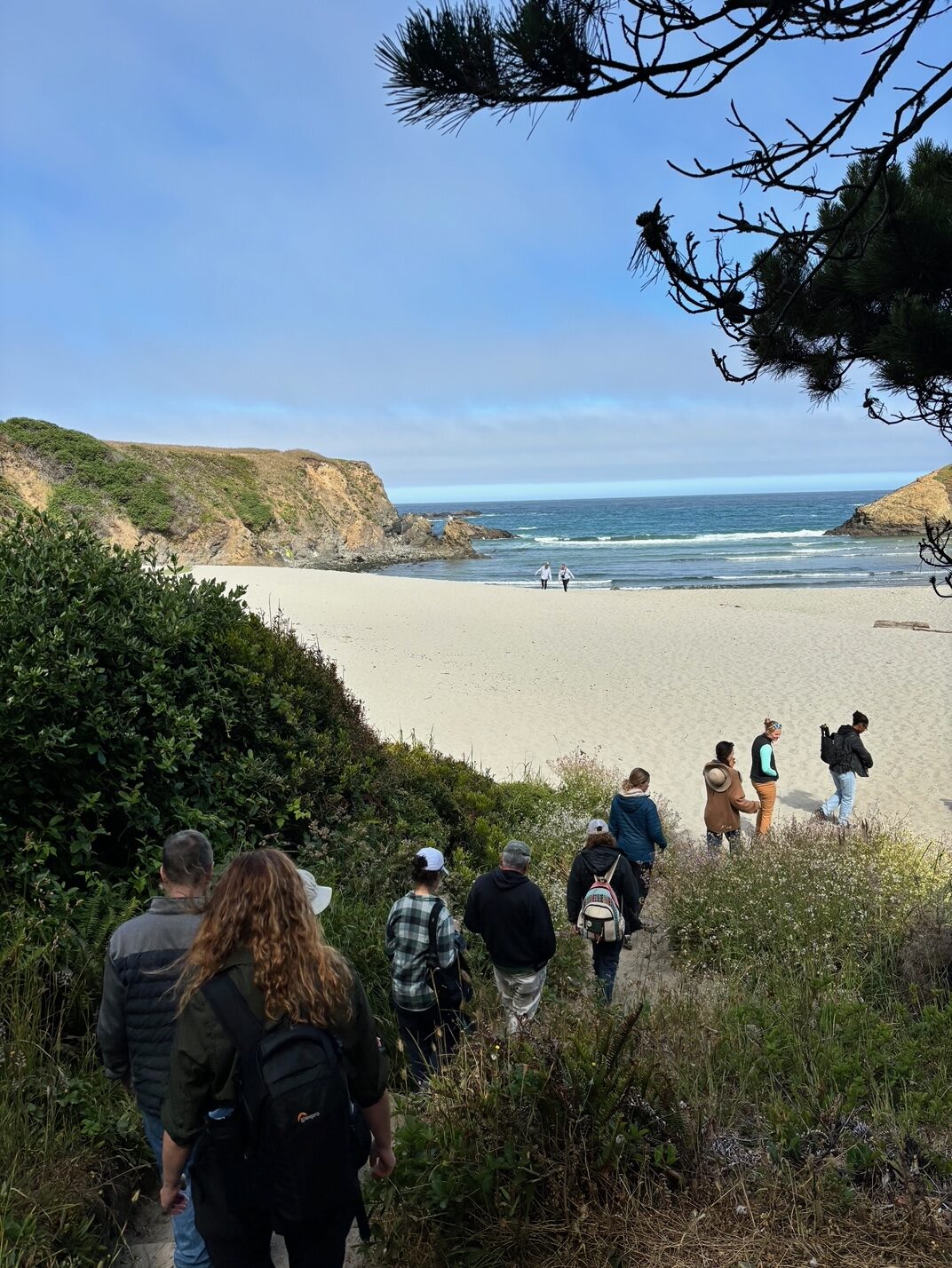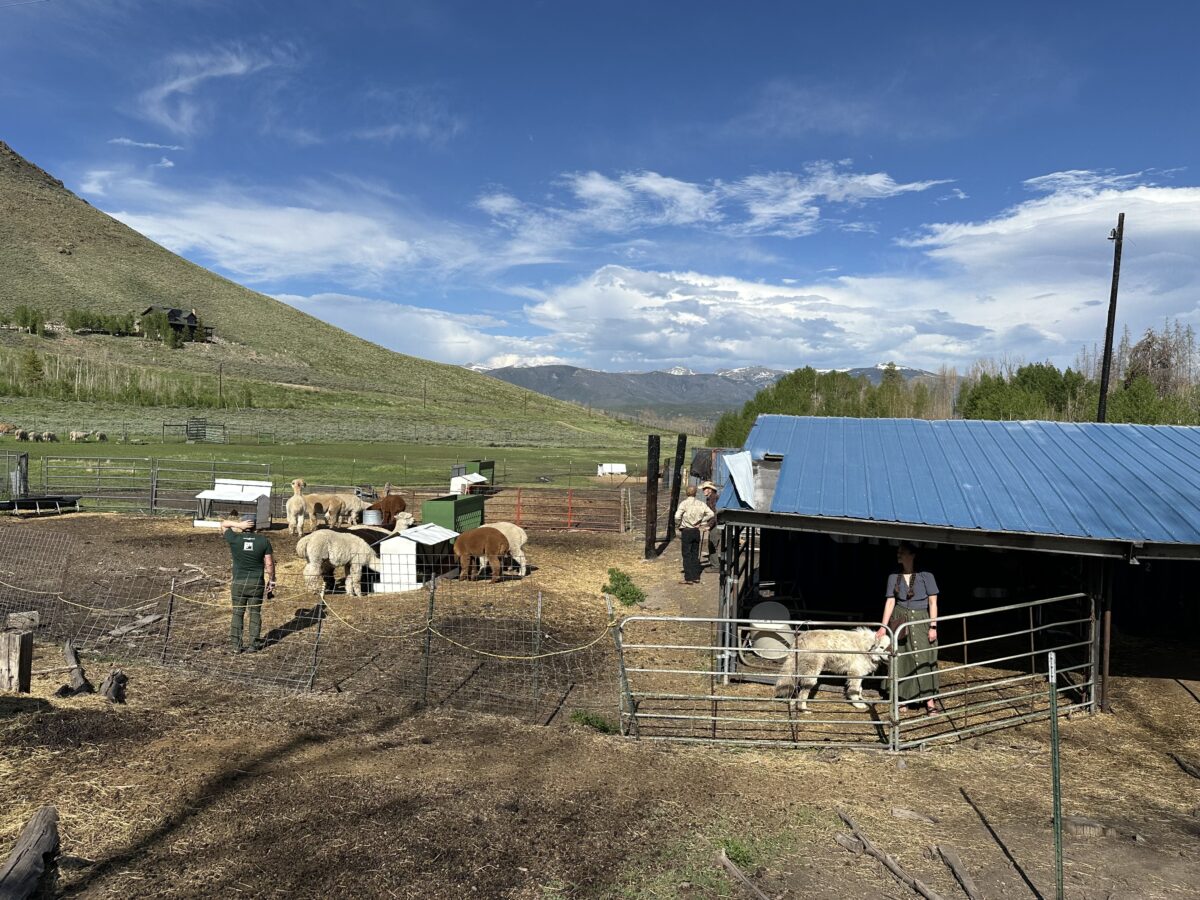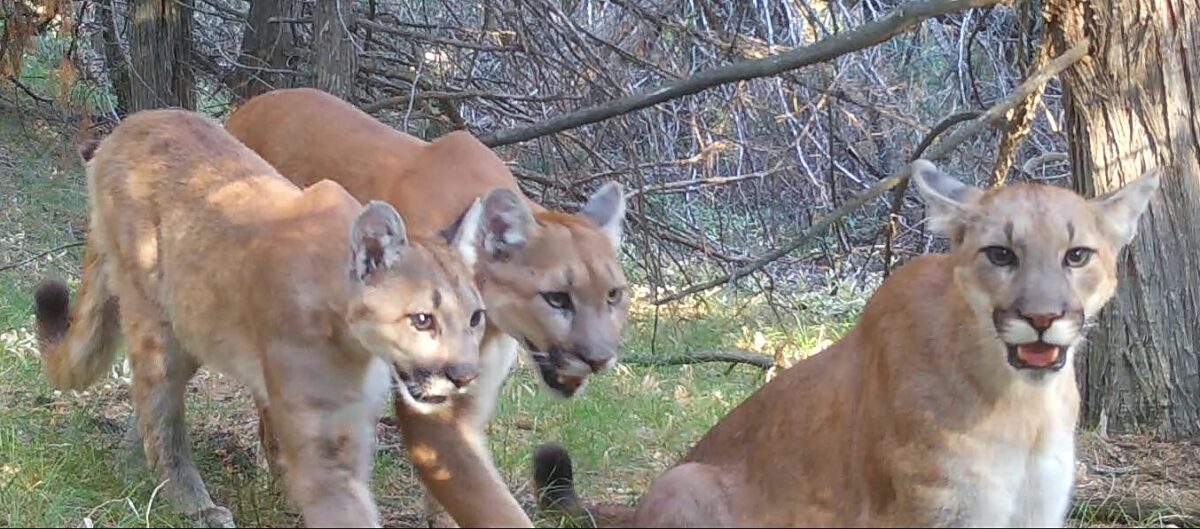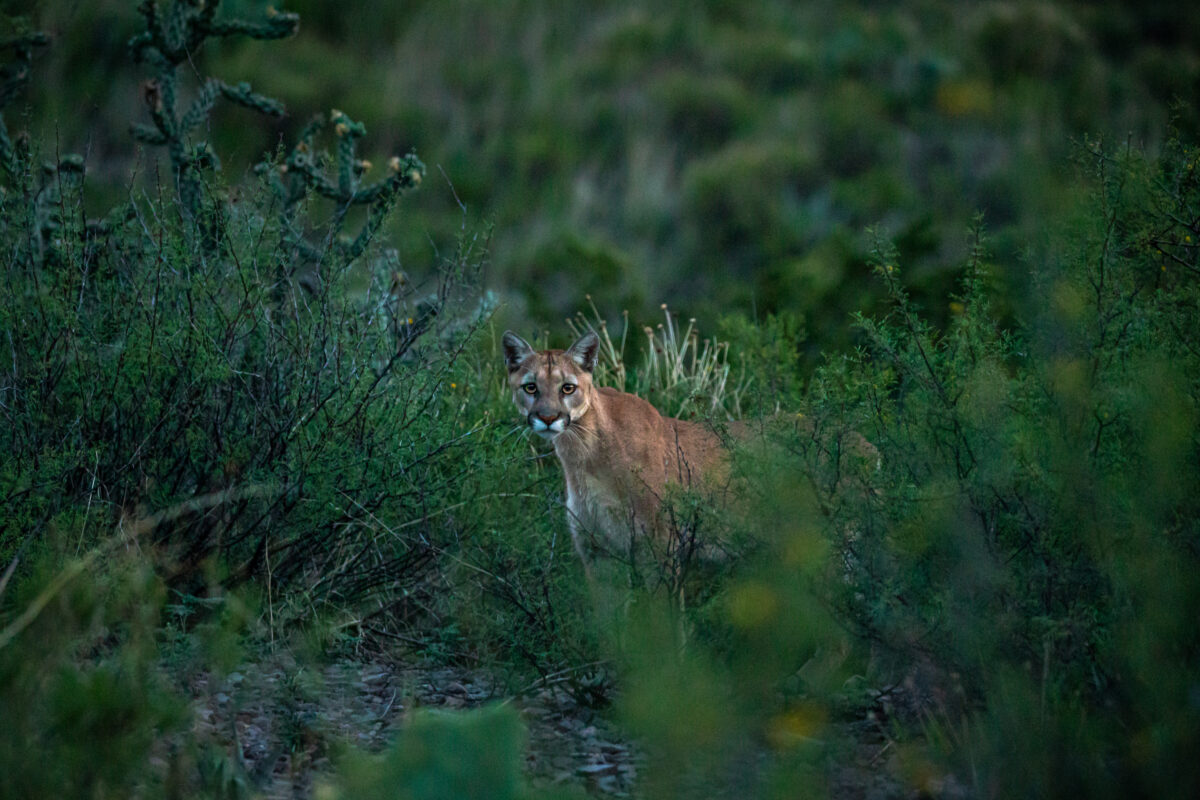On September 14, MLF volunteer Mike Poremba, addressed the Oregon Fish and Wildlife Commission, highlighting scientific concerns MLF has raised about the state’s Department of Fish and Wildlife estimation of cougar populations, and the ways that hunting and other killings by humans affect the state’s population. Poremba is one of many volunteers who join their voices together to protect America’s lion. To join that effort, sign up and our staff will reach out with opportunities and suggestions.
Testimony of Mike Poremba:
Good morning to Chairwoman Wahl, Director Melcher, and Members of the Commission:
My name is Mike Poremba, from Eagle Point, Oregon, and I am speaking as an outdoorsman, wildlife advocate, behavioral dog trainer, and as a field volunteer on behalf of the Mountain Lion Foundation.
First I’d like to thank ODFW for allowing us the opportunity to convey our suggestions and concerns regarding the Big Game rules for the upcoming 2022 season, including detailed comments which we sent separately. As the Commission reviews the Big Game rules for 2022, we ask that you ensure that the cougar hunt plan is based on the best available data and on the most scientifically-grounded wildlife management practices. I love our wild predators like mountain lions & wolves, but I also love a good steak and eggs breakfast before pulling on wool socks on a chilly Oregon morning, so believe me when I say my hope is to protect both our wildlife, our domestic-life, and our diverse way of life.
The proposed mortality quota for mountain lions is based on methods that tend to overestimate the populations here in Oregon. If quotas are set based on excessive population estimates, those quotas will in fact be too high, and recreational hunting could harm our local populations. Maintaining healthy populations of cougars is crucial for the wellbeing of Oregon’s wild lands, and for ensuring the stability and health of our deer, elk, and other wild animal populations.
Mountain lions typically do not require management to control populations, as their social structure, territoriality, and prey populations keep their densities naturally low. In surveys throughout the western US, population densities are typically around 1.7 adults per 100 square kilometers. The population estimates underlying these hunt quotas would imply that cougars in Oregon have densities three times higher than in comparable forests just across our state’s borders.
The proposed quotas allow the removal of a very large proportion of that estimated population. The proposed quotas allow the killing of more than one quarter of the estimated adult Cougar population, twice the amount that would be recommended by evidence-based management guidelines regarding the ability of cougars to reproduce and replace losses. Keeping the quotas so far above actual harvest numbers effectively leaves Oregon without any limits. At a time when wildfire and other human-increased effects of climate change are adding new stresses, on top of the loss of connectivity and habitat, it is crucial that ODF&W set less aggressive and science-based limits.
Killing established adult mountain lions could actually make livestock depredation or other conflicts with humans far more likely and even common. Most such conflicts are caused by younger animals as they disperse and seek territories, and this is where my experience as a professional dog trainer, teaching behavioral modification, gives me a unique viewpoint. Whether we’re talking about a family pet, a working dog like a lion hound, the cats they so excitedly pursue, or even our own kids, teaching is teaching, and the youngest among them tend to take the biggest risks and therefore make the most mistakes.
To put it simply, they don’t know anything yet, and so they’re trying to find out what works.
Killing doesn’t teach anything, and it does not decrease the density of cougars on the landscape, but can increase the breeding rate & numbers, replacing conflict-averse cougars who are old enough & tested enough to know better, with younger ones that are more willing to venture close to humans- to see what works. As a result, setting too high quotas or relying primarily on lethal responses to conflict can disrupt existing territories and make conflicts between our residents and Mountain Lions far more likely.
Thank you again for giving me a chance to speak to you on this important matter.
The Mountain Lion Foundation submitted a written comment which can be found here: 2021-09-14 ODFW Comment Letter_2022 OR Big Game Regulations



 Facebook
Facebook Twitter
Twitter Send Email
Send Email


